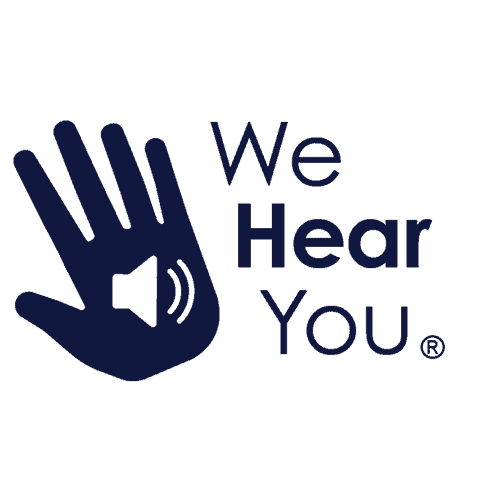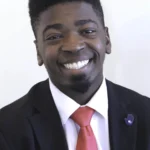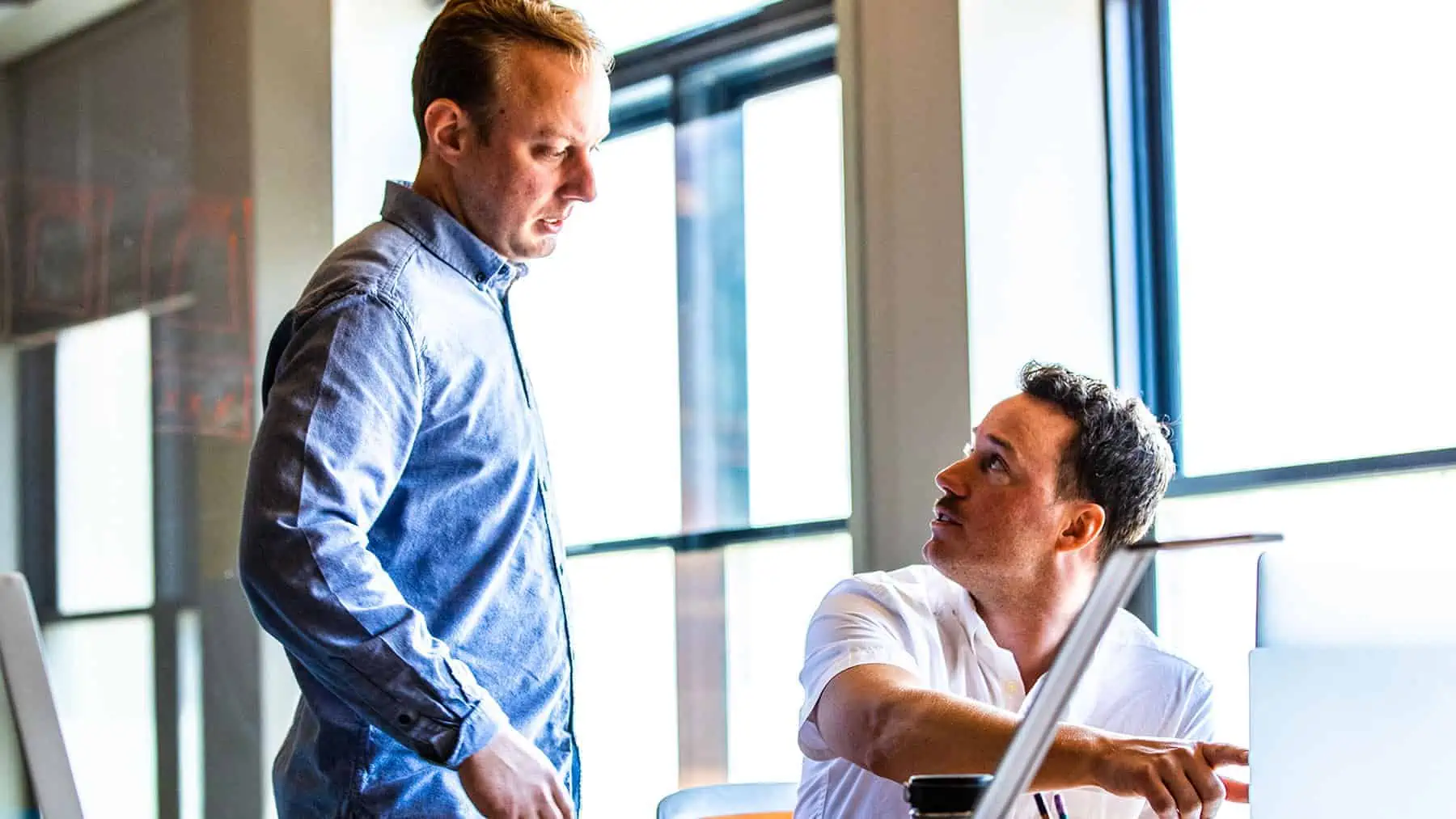
We Hear You
What is We Hear You?
We Hear You creates innovative, accessible door-opening solutions that open doors: doors to freedom, to opportunity, and the physical doors we navigate every day. The company offers a range of accessibility solutions designed to make spaces more accessible and user-friendly for individuals with disabilities. The Hero Door Opener is an easy-to-install, portable device that can be activated by a smartphone app, fob, or wall button, allowing users to open doors from up to 20 feet away. For doors that are already automatic, they have developed a receiver that retrofits to any existing automatic door, allowing it to operate with our fob and app as well. This product is ideal for businesses, healthcare facilities, educational institutions, and hospitality sectors seeking to improve accessibility affordably. The company’s target customers include people with disabilities, recently disabled individuals, and organizations aiming to enhance inclusivity and meet accessibility standards. Through practical, affordable solutions, We Hear You empowers customers to create welcoming environments for all.
Company Leadership

Pierre Paul
Founder & CEO
Pierre Paul was born in Brazil, grew up shortly in Guyana, and then landed in Ohio. At a young age, he faced extreme poverty, xenophobia and racism for simply being different. Armed with these experiences, he grew up with an unwavering determination to ensure that others who fell outside the “status quo” did not feel unwelcome in the world. Motivated by a vision for change and a burning desire to address the concerns of individuals whose voices often go unheard, Pierre embarked on a mission to establish We Hear You®.
Connect on LinkedIn
Bethanie Couri
Co-Founder
Bethanie is a young, driven Ed.D. student and professional. She works at Bradley University overseeing campus Residential Living. In addition, she serves as the Chief Operating Officer for We Hear You, LLC to ensure that we as a society are proactive with inclusivity and accessibility instead of being reactive to others’ needs.
Connect on LinkedIn